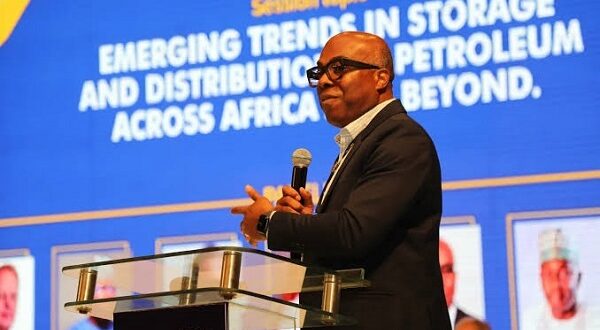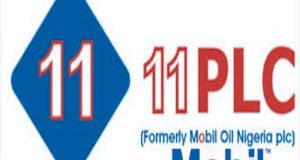Mr. Ogbugo Ukoha, Executive Director, Distribution, Storage and Retail Infrastructure, NMDPRA
In a move aimed at modernizing Nigeria’s energy sector, the Nigerian Midstream and Downstream Petroleum Regulatory Authority (NMDPRA) has recommended the decommissioning of traditional petroleum retail outlets in favor of storage facilities for Liquefied Petroleum Gas (LPG) and Compressed Natural Gas (CNG). The recommendation was announced by Mr. Ogbugo Ukoha, Executive Director of Distribution, Storage System, and Retail Infrastructure at NMDPRA, during the OTL Africa Downstream Summit in Lagos.
With the phasing out of Dual Purpose Kerosene (DPK) and the anticipated decline in diesel’s market share, Ukoha emphasized the need for retail outlets to diversify their energy offerings, shifting focus to more sustainable fuels like LPG and CNG. He stated that prior to the restructuring of the Department of
Petroleum Resources (DPR), retail outlets were required to provide storage for diesel, kerosene, and petrol. Now, as kerosene becomes obsolete and diesel demand shrinks, petrol remains the only product provided by most outlets.
“As Nigeria shifts towards LPG and CNG, we need retail outlets to diversify,” Ukoha said, explaining the Authority’s strategy to adapt to the evolving energy landscape.
In recognition of excellence within the industry, NMDPRA also announced plans to launch an annual awards program for outstanding petroleum product retail outlets across Nigeria. This initiative aims to reward retailers for exceptional customer service, innovation, and profitability, thereby encouraging improvements within the industry.
Addressing the persistent issue of petroleum diversion, especially near Nigeria’s borders, Ukoha highlighted that while border monitoring is not within NMDPRA’s direct mandate, the Authority will collaborate closely with security agencies to curb the practice. He suggested that transporters be mandated to use fully automated trucks, enhancing end-to-end visibility of petroleum product movement.
Ukoha further called for the full automation of licensing operations within the regulatory framework, urging marketers to embrace technology to promote transparency and efficiency. Pointing to significant inefficiencies in the country’s petroleum distribution infrastructure, he advocated for increased investment in Nigeria’s coastal and port facilities to address these challenges.
With these strategic changes, NMDPRA aims to foster a more sustainable, transparent, and efficient petroleum distribution sector across Nigeria.
 Financial Energy Review
Financial Energy Review





